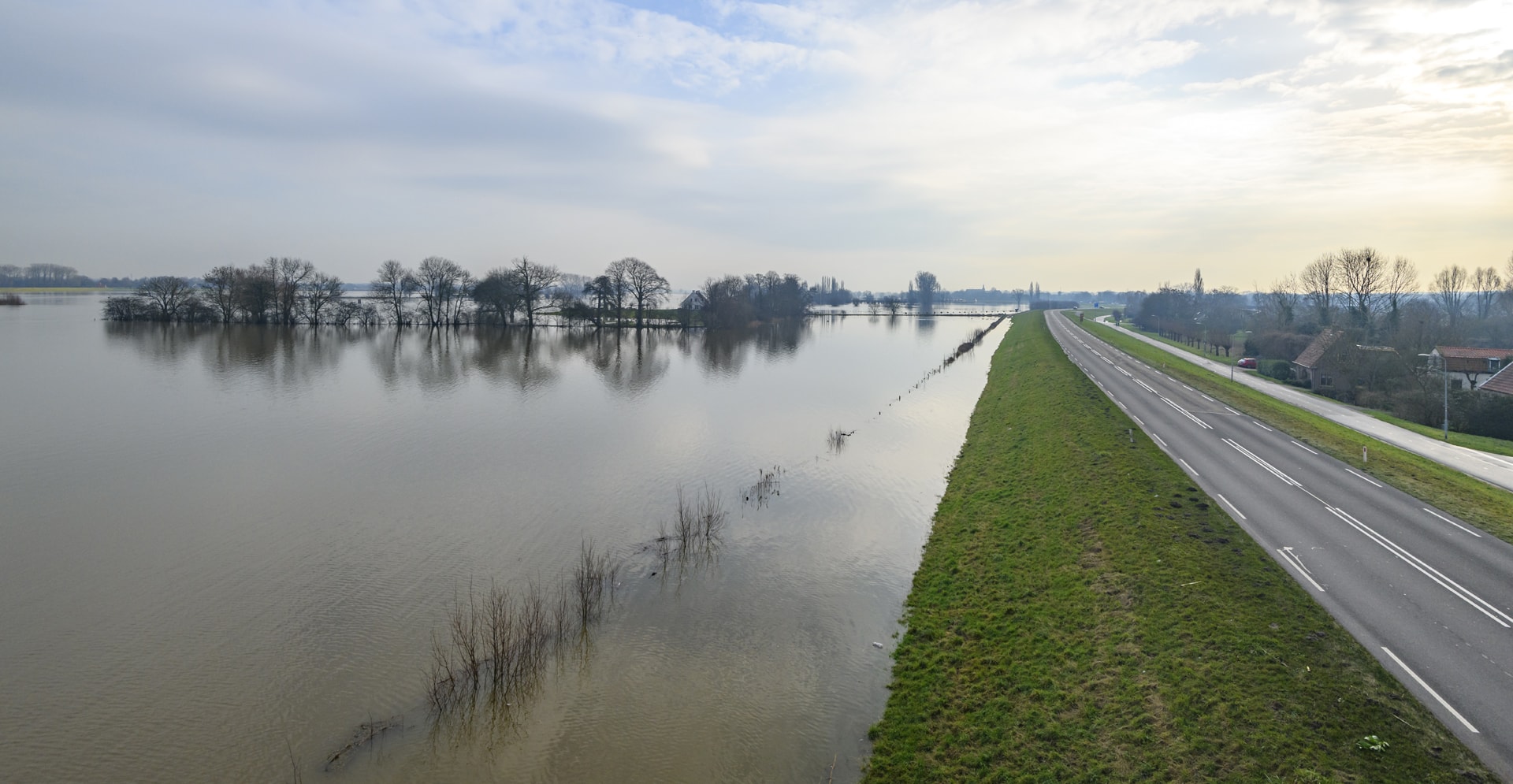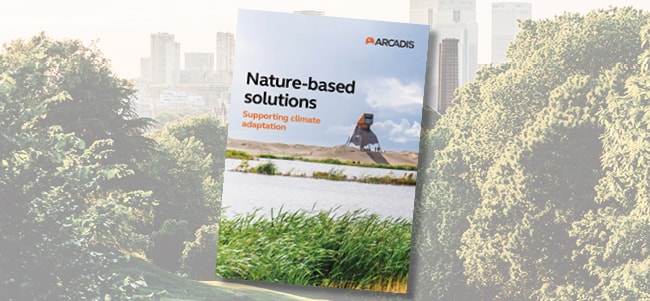“Enough of brutalizing biodiversity. Enough of killing ourselves with carbon. Enough of treating nature like a toilet.” That was the hard message from UN Secretary-General Antonio Guterres at the recent COP27. And as the Intergovernmental Panel on Climate Change cited1, “it is unequivocal that human influence has warmed the atmosphere, ocean and land”. With the heightening impacts of climate change – from sea level rise to heavy rainfall, heat waves, and loss of biodiversity, affecting our ecosystems and people’s wellbeing and livelihoods – it stands to reason that we all must make bigger and bolder strides to address climate change in a more sustainable way, considering the needs of all. We can no longer wait; it is now time for climate action.
We must reduce our carbon footprint and adapt to climate change simultaneously. This calls for climate adaptation and mitigation solutions to go hand-in-hand. Nature-based solutions provide an interesting answer – contributing to improving climate resilience in a more sustainable way, while reversing biodiversity loss and reducing our carbon footprint.
With the UN Biodiversity Conference (COP 15) underway, we must ask ourselves, in addition to carbon reduction targets, what clear targets are we setting to ensure adoption of equitable, nature positive and comprehensive climate adaptation actions, with the right level of funding and policy support to drive real change?
It's true - there is no ‘one size fits all solution’ when it comes to nature-based solutions. This often creates an initial barrier when it comes to assessing financing such projects. Arcadis has partnered with private and public sector stakeholders across a variety of projects addressing climate impacts like droughts, extreme rainfall, flooding, urban heat stress and biodiversity. With the use of nature-based solutions to help cities and communities adapt to climate change by managing and working with (instead of against) the forces of nature.
In our Arcadis “Nature-Based Solutions Supporting Climate Adaptation” whitepaper, we unpick solutions across these areas, focusing on best practices and lessons learned that can help cities, businesses and communities adapt sustainably and resiliently to climate change, in the most equitable way. In doing so, we hope to inspire others to commit to investing in nature-based solutions that help improve quality of life for all, particularly the most climate vulnerable ones. As Archana Soreng, Member of United Nations Secretary General's Youth Advisory Group on Climate Change pointed out, “indigenous people, local communities, young people, women and girls, should be leaders of climate action and not victims of climate policies."







